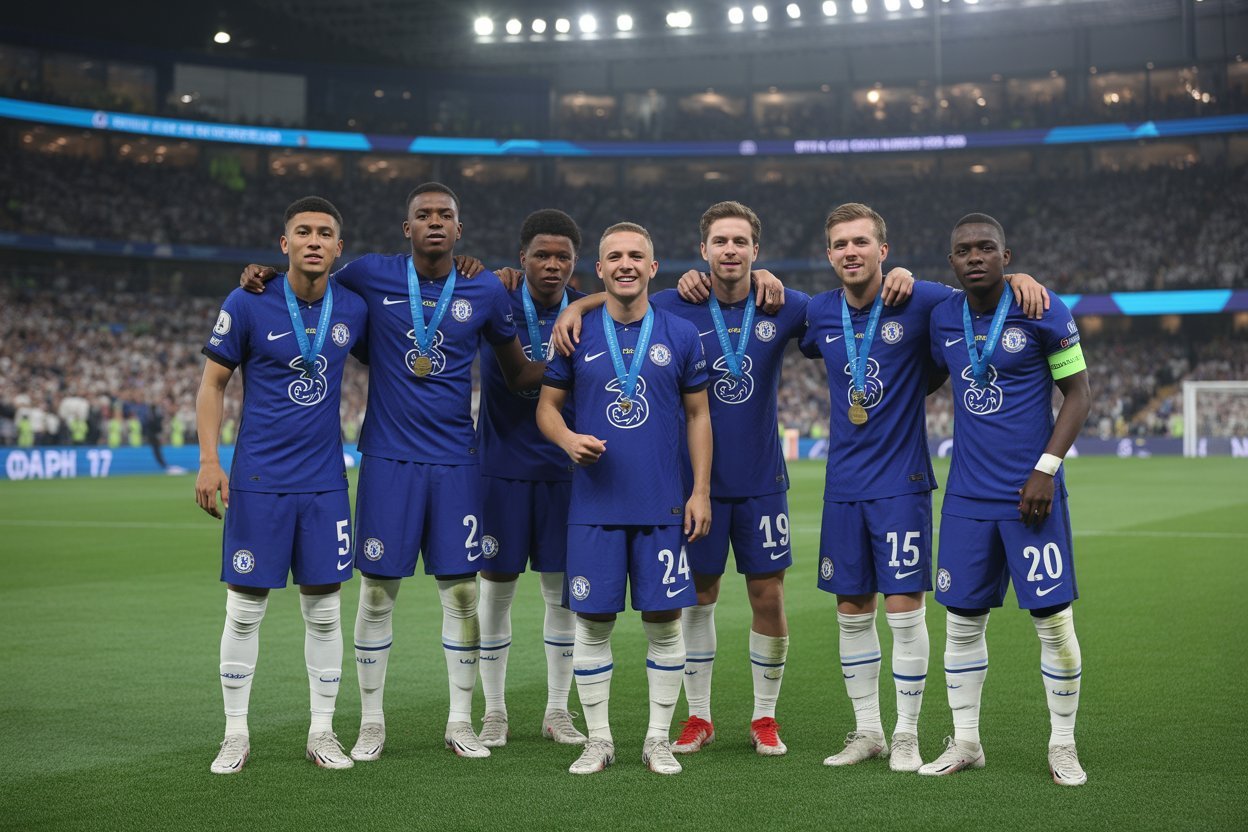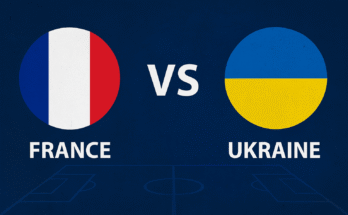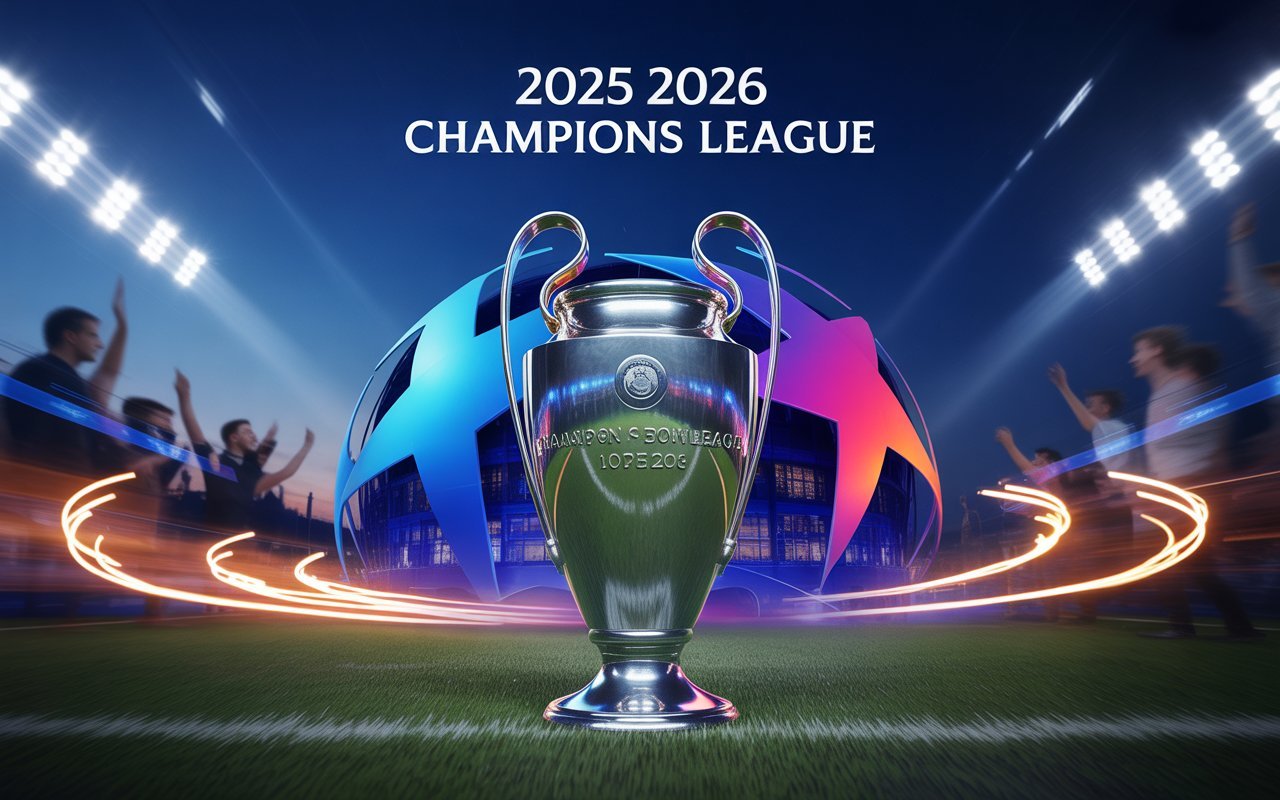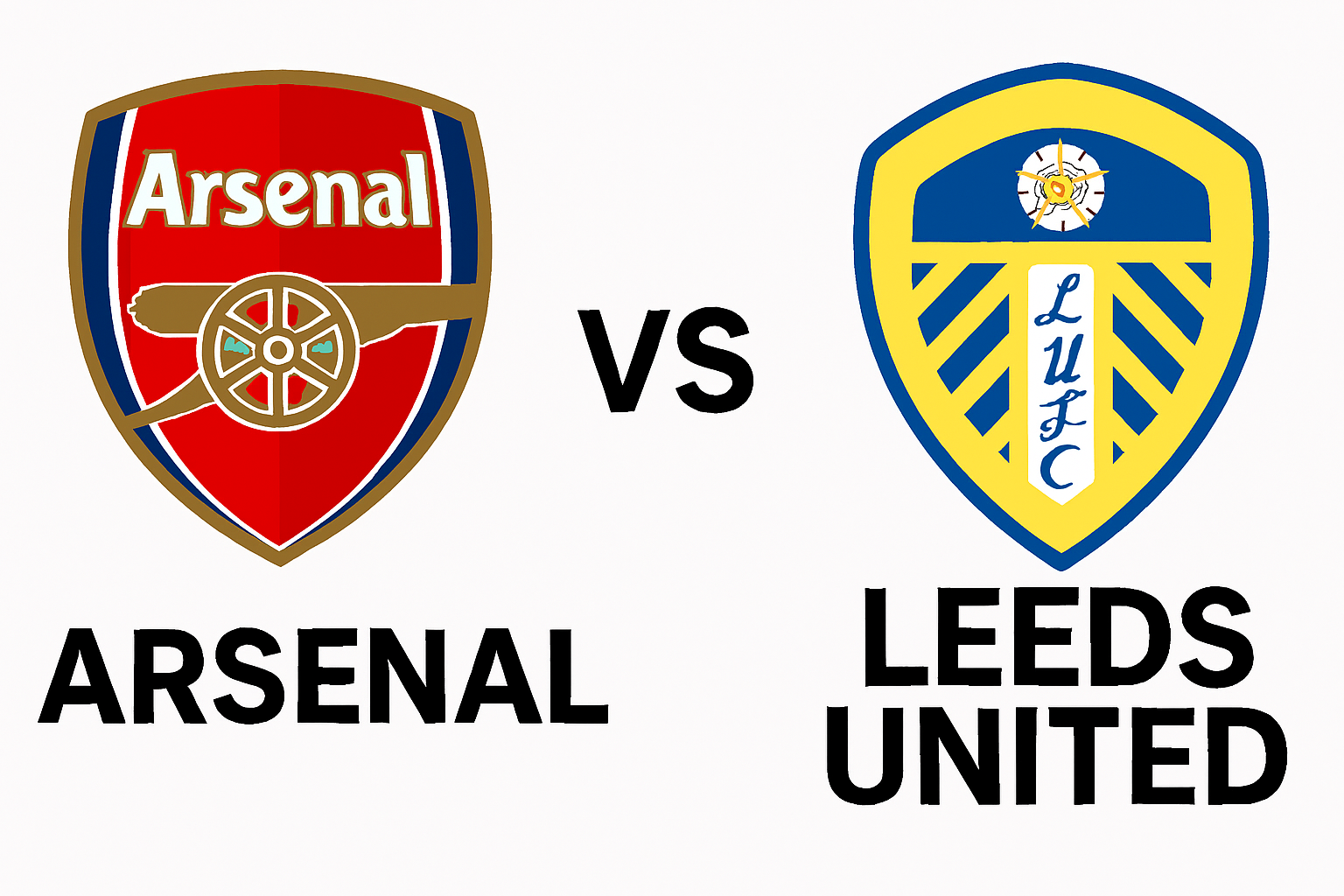FIFA Club World Cup in the summer of 2025. After weeks of all consuming battles in American stadiums, Chelsea lifted the trophy at New Jersey’s MetLife Stadium, on July 13th, halfway between an exhilarating adventure and a significant achievement. Let’s look at how Chelsea became football world champions in 2025, why this moment is important, and what this means for the unfolding identity of the club.
Chelsea’s Road to Global Football Glory
The FIFA Club World Cup 2025 was not simply another edition; it was rewritten to be a tournament that was different. Expanded to a 32 teams tournament held every four years, this edition included champions and top ranked clubs from each confederation, to truly be a world football championship. Among those the best of the best clubs was Chelsea, who qualified for the tournament because they defeated Manchester City in the UEFA Champions League Final in 2021.
Whether we trace back to the first whistle in the tournament, all the rounds that Chelsea had to endure were equally representative of both the fun and unpredictability of football. They had a successful run against teams with different styles, and adapted match by match to adjust to the characteristics of their attributes.
Group Stage: Controlled football brilliance
Throughout group play, the Chelsea side showed tactical discipline and confidence that allowed them to ensure the best outcome. In matches against Palmeiras and Urawa Red Diamonds, Chelsea moved the ball. As a team, they controlled the match and played within themselves.
Fans on the other side of the world could see a distinct difference in the way Chelsea played the game. Chelsea combined composed, controlled, deliberate build up with penetrative and dynamic movement in the final third, especially as the matches progressed. This was the form of football that began to define Chelsea’s style as the tournament progressed.
Knockout Battles: Big football nights define champions
In the Round of 16, Chelsea beat Benfica after extra-time, in a game that showcased as much tenacity as skill. Next was Fluminense in the quarter, where Chelsea’s young players made a bigger impact. Cole Palmer scored an audacious solo goal, which rattled around the football social media. His ease on the ball highlighted how Chelsea’s youth revolution now co-existed with their more experienced influence. Chelsea put together what many football commentators called the “performance of the tournament,” in the semi-final against Al Ahly, winning 2-0 with tactical intelligence, urgency pressing, and crisp finishing.
The Grand Football Finale: Chelsea vs PSG
On paper, the final was a blockbuster: Chelsea vs Paris Saint Germain, two new powerhouses in European football and recent Champions League winners. Fans from all over the world tuned in to see two European football champions who both clearly had something to prove.
At the packed MetLife Stadium, the excitement radiated amidst the football songs, drums, and flashes of blue and red. The final was more than just a match to lift a trophy – both clubs were competing to write history as the first official champions of the new era of the FIFA Club World Cup.
Match highlights: Chelsea’s finest football hour
Chelsea came out of the gate furious, pressing PSG’s defenders and forcing errors. In the 18th minute Cole Palmer intercepted a pass and finished healthily, and Chelsea were ahead. Football fans exploded: the underdogs were in control.
Minutes later Palmer struck again from a João Pedro cut-back. By half-time Chelsea were 3–0 up as João Pedro himself scored off a tremendous counterattack. PSG had disposable superstars like Dembélé, etc., but they could not break Chelsea’s determined brick wall.
As the full-time whistle confirmed it, Chelsea were the official world champions of soccer in 2025, players embraced, fans cried in delight, and blue flags waved in droves in the night of the American landscape.
Chelsea’s Key Football Figures Who Made History
Cole Palmer: The name of football
Cole Palmer was not just Chelsea’s highest scorer; he became the who’s who of this success. His composure, movement, and creativity earned him the Golden Ball as the best player in the tournament. Palmer embodies Chelsea’s new identity, which is young, bold, and technical.
João Pedro: Instant impact
Signed a couple days before the final, João Pedro demonstrated just why the club invested in him. He brought energy, vision and finishing to the team like fuel to fire. Adaptability is invaluable in modern football, and Pedro showed that.
Robert Sánchez: The safe hands of football success
Chelsea’s goalkeeper had two clean sheets in key matches and made significant saves against Fluminense and PSG. He brought confidence under pressure to win the Golden Glove award and demonstrated why goalkeeper excellence still matters in elite football.
Enzo Maresca: The coach behind Chelsea’s football metamorphosis
Chelsea manager Enzo Maresca deserves a huge amount of credit. His approach combined defensive organization with quick and incisive attacking. He targeted PSG’s high defensive line with fast transitions on the counter. It shows that contemporary football coaching is also defined by adaptation during the game not simply the plan before the match.
Why This Club World Cup Win Matters in Football History
In winning the first 32-team FIFA Club World Cup, Chelsea have distinguished themselves in football’s history books. Whilst former winners of the smaller Club World Cup were viewed in past years differently, Chelsea’s triumph is recognized as the first official world club championship of the modern era.
Four-year badge of Honor
Chelsea can wear the “World Champions” badge until at least 2029 longer than a single season’s worth of rights. In addition to prestige, this provides commercial value, and every Chelsea shirt can now be considered a representation of dominion over world football.
Chelsea and the Future of Football
Global football brand strength
This victory solidifies not only Chelsea’s place in English football but also in world football. Their social media reach increased greatly, sponsorship interest spiked, and young fans around the world now view Chelsea as a modern football behemoth.
Inspiring the next generation
Football is as much about emotion as it is trophies. Palmer’s story, Maresca’s daring tactical approach and the unique chemistry of academy players along with signings like João Pedro offer a vision that gives hope to aspiring footballers everywhere.
Club momentum
Winning the Club World Cup gives Chelsea confidence ahead of the Premier League and Champions League. Per the history of football clubs that have won global trophies, success seems too often to create a domestic wave of momentum. Following the Club World Cup success, Chelsea’s board, players, and supporters will be expected forward momentum.
Football Lessons from Chelsea’s Victory
- Tactical balance is essential: Chelsea blended pressing and controlled build-up.
- Youth and experience is a good mix: Palmer’s creativity flourished with older pros on the pitch.
- Mental strength wins tournaments: showing character in overcoming extra-time battles and pressure evenings.
- Modern football managers must adapt: Maresca’s changes in and out of possession proved pivotal.
Conclusion:
July 13, 2025, will live long in Chelsea folklore. A perfect night when blue flags flew high, when Cole Palmer etched his name into world football, and when a new era commenced under the leadership of Enzo Maresca.
More than a trophy, this is a representation of where Chelsea is heading: forward, with no fear, and firmly in the company of the best teams in world football.
From London to Lagos, from Bangkok to Buenos Aires, football fans everywhere now share one truth: Chelsea were the best club team in the world in 2025. And they had every second of it coming.



